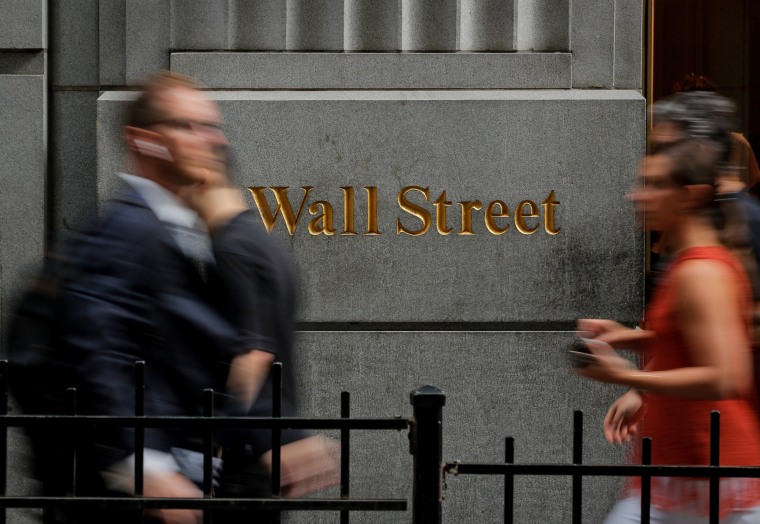When the Dow Jones Industrial Average suffers triple digit drops, what should you do? If you’re inclined to check your 401(k) or other investment account balances, think again.
You may feel an irresistible urge to look at where you are financially. Don’t. Dan Ariely, chief behavioral economist at personal finance app Qapital and professor of behavioral economics at Duke University, said that is opposite of what you want to do.
“Volatility is inherently frightening,” Ariely said. “Being frightened means that we are paralyzed, we think about it too much.
“It influences our well-being, and it doesn’t necessarily lead to good decisions,” he added.
How your reality gets distorted
Checking numbers, too, often can make it more difficult to accurately interpret trends, according to Ariely.
Take weight loss, for example. If people look at their weight in precise measurements with decimals — say 162.3 pounds — they tend to create stories to make sense of what they are seeing. And the result is often that they become unmotivated, Ariely said.
If instead people look at their weight data in a less granular way, say how it trends over several weeks, they can more accurately see what is happening. Plus, they tend to get less anxious and take better care of their health, he said.
How to avoid moves you’ll regret
The same advice applies to investing.
In 2008, when the markets were going crazy, Ariely found himself checking his own accounts more frequently as everything changed every half hour.
On a Friday morning, before a weekend away with his wife, he found himself consumed with checking his investments. And the compulsion put him in a bad mood.
“I wasn’t going to sell,” he said. “I wasn’t going to buy; I was just kind of looking obsessively. It was about noon when I realized I was out of control. I was looking too much.”
Consequently, Ariely decided to enter his password wrong three times and lock himself out of his account.
“I couldn’t check any more, and the weekend was much nicer,” Ariely said.
What’s more, he took his time before fixing his account so that he could check it again.
“If we’re going to look at it going up and down, we’re just going to be more miserable,” Ariely said. “We’re not only going to be more miserable, but act on it.”
Those moves often include fleeing from stocks to bonds or cash — investments with a higher expected value for those with a lower expected value.
“Historically, those are some of the biggest mistakes that people can make,” he said.
When to make intentional changes
Most people should hold off before making any moves during market tumult.
“Every time you open your portfolio and it changes your emotions, oftentimes you make a bad decision,” Ariely said.
Of course, there are times when you have to log in. The key is to be intentional when you do.
“Decide what change you want to make, and only then open your portfolio,” Ariely said. “It’s never a good idea to open up your portfolio for fun and then decide what to do.”
